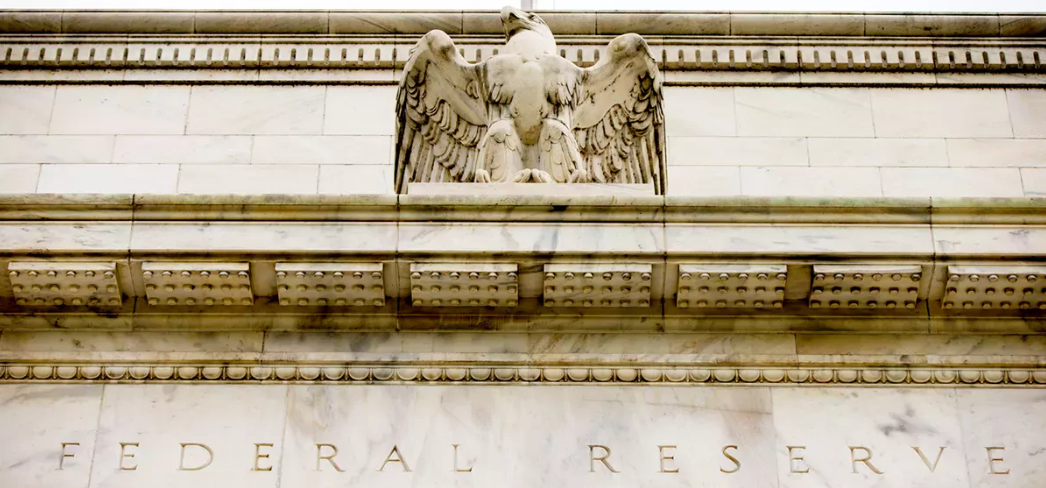
François Christen
Chief Economist
By focusing on "incoming data", the Fed and ECB have reduced the impact of their words.
Original article published in French on agefi.com

The menu for the week ahead promises to be copious, but digestible. The Federal Reserve, the ECB, the Bank of England and the SNB are all expected to announce that they will maintain their key interest rates at current levels. While the status quo is almost certain, the messages to be delivered by Jerome Powell and his colleagues are nevertheless likely to hamper or reverse the fall in yields.
There is a broad consensus that the cycle of interest rate hikes is over in the USA and Europe. This prognosis is supported by the decline in inflation observed in 2023 and the statements made by numerous central bankers who believe that monetary conditions are sufficiently restrictive to restore price stability. The hope of a rapid turnaround that has emerged in recent weeks is not only speculative, but also unhelpful for the Fed and ECB, who may seek to “rectify” investors’ expectations by still emphasizing inflation risks and unveiling forecasts that invalidate hopes of a rate cut.
Last Friday’s employment report in the USA highlighted a robust labor market, which should support private consumption. The rebound in nonfarm payrolls (199,000 in November, after 150,000 in October) was mainly the result of the recovery from the strikes in the automotive sector and sustained hiring by the public sector. The fall in the unemployment rate from 3.9% in October to 3.7% in November and the increase in average hourly earnings (0.4% monthly, 4.0% year-on-year) should encourage central bankers to remain patient, even if the decline in job openings (8.7 million in October, after 9.3 in September) reflects a latent deterioration in economic conditions.
The upturn in the ISM services index (52.7 in November after 51.8) and the marked improvement in consumer confidence (69.4 in December after 61.3 in November according to the University of Michigan survey) invalidate hopes of a rapid interest rate cut, but remain compatible with the “soft landing” scenario underlying Wall Street’s optimism. All in all, the week ended with a slight increase in dollar yields, in a context largely favorable to equities, which surpassed the highs reached in July. The persistent fall in risk premiums associated with corporate bonds corroborates the “risk on” climate.
In Europe, the structure of euro-denominated interest rates continued to decline, bringing the yield on the 10-year Bund to around 2.25%. Statements by several members of the ECB’s Governing Council point to the prospect of lower interest rates in 2024. Member of ECB’s Executive Board, the orthodox Isabel Schnabel, hailed the recent fall in inflation and believes that a further hike is unlikely. The status quo seems certain, but Christine Lagarde and her colleagues may try to cool the increasingly consensual hope of a fast interest rate cut.
In the UK, the Bank of England is set to maintain its key rate at 5.25%, as it did at two previous meetings. The rapid fall in inflation observed this autumn opens up the prospect of easing during 2024, which is already amply reflected in the pronounced inversion of the yield curve. In Switzerland, the SNB is also likely to maintain the status quo, and refrain from signaling any rapid easing that would lead to an unwelcome depreciation of the franc.










